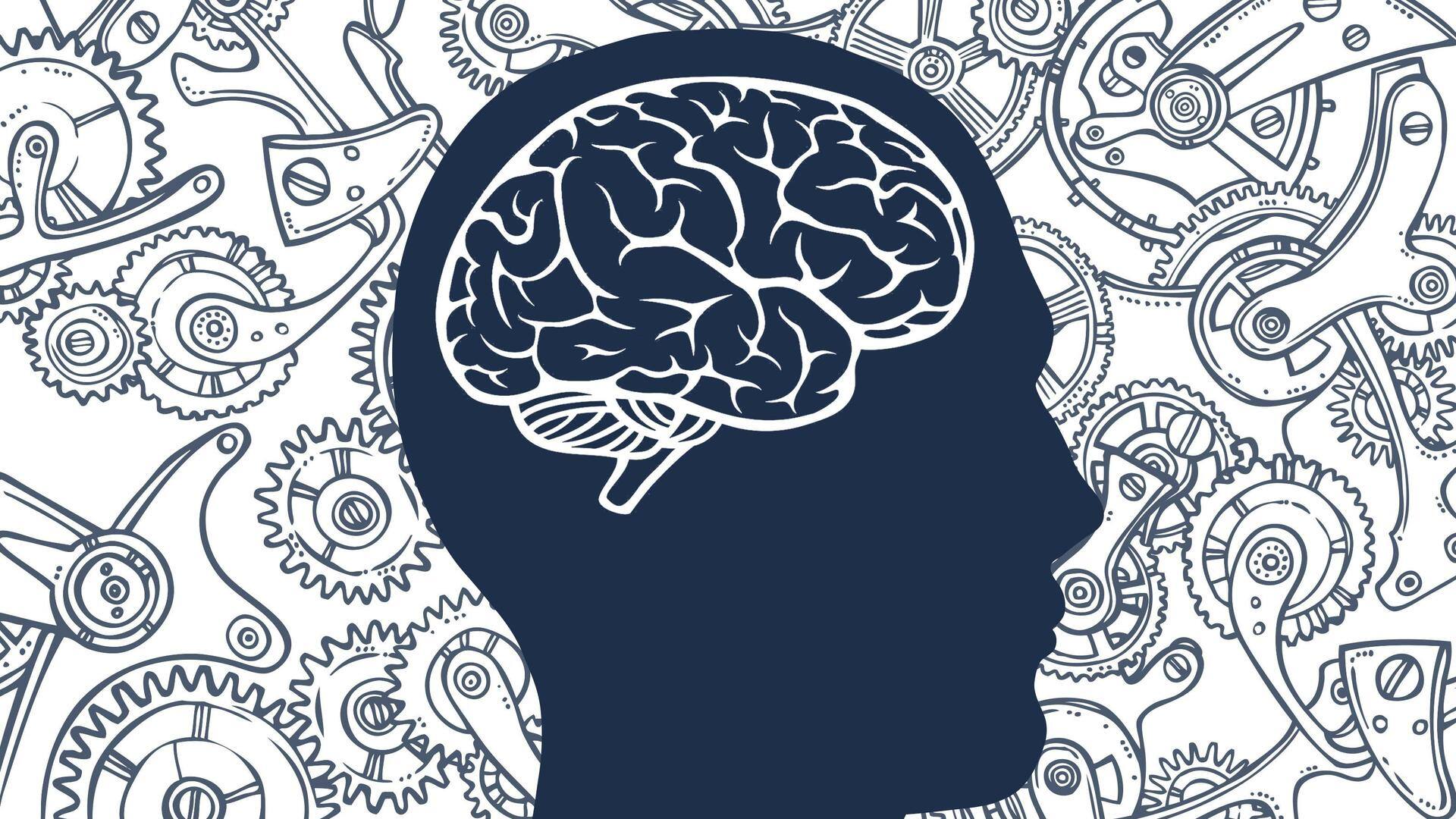
Executive dysfunction: How serious is this condition
What's the story
The human mind can do even the most complex of tasks at hand with ease, thanks to several functions it plays at once. However, at the same time, it is prone to many mental health issues and cognitive disorders that can yield a monumental impact on one's overall well-being. Executive dysfunction is one symptom that can aggravate many underlying medical conditions.
Meaning
Meaning: What is executive dysfunction?
While executive functions help us pay attention, remember details, multitask, ignore distractions, and manage our thoughts, executive dysfunction can devoid a patient of these activities. It is a behavioral symptom of many mental health, mood-triggering conditions like ADHD, depression, bipolar disorder, OCD, etc. Additionally, it can take up multiple forms and disrupt one's daily lifestyle with its symptoms.
Causes
Causes: Addictions and various mental health states can trigger it
Although medical experts around the world have not been able to tap into the exact cause of executive dysfunction, they believe that it can be caused due to various mental disorders and lifestyle issues. However, their research shows that addictions (alcohol and drugs), autism spectrum disorder, depression, schizophrenia, OCD, and ADHD are the top causes that lead to it.
Information
It can also happen due to these serious conditions
Executive dysfunction can also be a symptom of brain tumors, Alzheimer's disease, stroke, seizures, epilepsy, dementia, cerebral hypoxia, multiple sclerosis, traumatic brain injuries, concussions, etc.
Symptoms
Symptoms: Distractions, daydreaming, and trouble with planning are some signs
A person with executive dysfunction can experience a host of symptoms that can hinder their daily routine. Some of the most common ones include lack of focus or too much focus on something, being easily distracted, trouble planning or concentrating, difficulty in staying motivated, zoning out/spacing out, daydreaming, and issues with multitasking. People may also find it difficult to express their thoughts.
Treatment
Treatment: Medication and psychotherapy can come in handy
Depending upon the main cause/injury/health condition, a medical practitioner may prescribe certain medicines to mitigate the disease and its symptoms. In addition to this, they may also recommend seeking psychotherapy. Cognitive Behavioral Therapy (CBT) is helpful as it realigns distorted thought patterns. At home, one can indulge in meditation or mindfulness to calm themselves down.